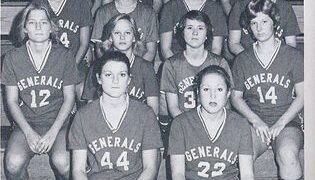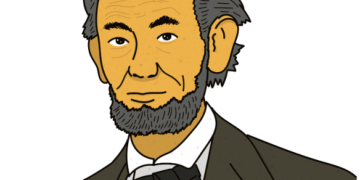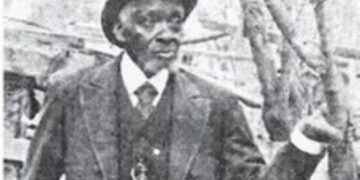Throughout What’s KILLING Your Profitability? (It ALL Boils Down to Leadership!), as well as several times in the book I’m working on currently, I reference this quote from an article on Harvard Business Review called “The Things They Do For Love”:
Company leaders won’t be surprised that employee engagement—the extent to which workers commit to something or someone in their organizations—influences performance and retention. But they may be surprised by how much engagement matters. Increased commitment can lead to a 57% improvement in discretionary effort—that is, employees’ willingness to exceed duty’s call. That greater effort produces, on average, a 20% individual performance improvement and an 87% reduction in the desire to pull up stakes, according to the Corporate Leadership Council, which surveyed more than 50,000 employees in more than 59 organizations worldwide.
Each time Cindy and I share these numbers with leaders we’re training in any organization, we see some wrinkled foreheads! 57% more discretionary effort and 20% higher individual performance seems like quite a stretch – until we challenge them to think about how much harder they’ve been willing to work for the best leaders they’ve reported to throughout their own careers. That’s where nearly every supervisor, manager, or executive we’ve dealt with begins nodding in agreement.
For our purposes in this column, I’ll challenge you to think about how this same idea applies to the relationships we have with our friends and family. What is the real cost of disengagement when it comes to our personal lives? I vaguely remember hearing someone comment around the time I graduated high school, thirty years ago now, about how little interaction most of us would have with one another after that day. While there are a handful of folks that I’ve stayed in touch with from that BHS class of 1994, I see very few of them routinely.
I’m not throwing stones here, that’s part of life. We pursue careers, we start families, have take on various responsibilities. But how does that impact the kind of discretionary effort we’re willing to offer up for someone we haven’t been in touch with for decades? I still care deeply about many of my close friends from that time in my life, but I wouldn’t expect any of them to come get me in the middle of the night if I were broken down along the side of the road…
And how much more does this apply to the relationships with our family members? In 1974, Harry Chapin told a story (which was retold by Ugly Kid Joe nearly twenty years later) about a kid whose dad was busy working to provide for the family. Later, as the father’s health deteriorated, the now adult child was busy working to provide for a family of his own; the boy was just like him. I often mention our son, Matt, in this column and in many of the lessons we write. Like many teens and their parents, there were times where he and I butted heads. Today though, I do all I can to answer the phone whenever he calls and whatever we can to have time with him and his family. Even when we were butting heads a lot during his teenage years, we did a ton of things together – and I’m convinced that investment of time then has quite a bit to do with him being excited to call or hang out today, even through all his busyness of starting his own family.
I’ll close with this question: how are you taking responsibility for leading your family now by earning this kind of “engagement” and discretionary effort that may not show up until years later? Make no mistake, it won’t come later on if we’re not willing to earn it now!





























